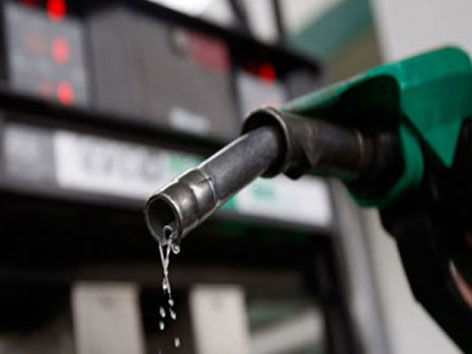In an unexpected twist, Attock Petroleum, arguably Pakistan’s premier vertically integrated petroleum firm, has taken the unusual step of offering discounts to its customers until October 15.
This oil marketing company (OMC) is extending a generous Rs 5 discount per litre to customers who exceed a certain fuel threshold. For four-wheeler vehicles, the threshold is set at 20 litres, while for two and three-wheeler vehicles, it stands at 5 litres. The question that naturally arises is – why this sudden benevolence from Attock towards its customers?
The answer lies in the company’s need to offload as much petrol and diesel as possible before the bi-weekly price revision. This is to avoid potential inventory losses if the Government of Pakistan’s rumoured price reduction for petroleum products materialises.
“The inventory losses could be substantial if the price reduction in the upcoming Oil & Gas Regulator Authority (OGRA) announcement is significant. This may justify offering discounts to roll out larger volumes before inventory valuations require adjustment,” elaborates Mustafa Mustansir, Director of Research and Business Development at Taurus Securities.
Profit reached out to Attock Petroleum for further insight into this scheme; however, no comment was forthcoming.
So, what exactly are inventory losses and how does selling products at a discount shield Attock from them?
Fuel pricing 101
The Government of Pakistan regulates the fuel prices in the country and notifies them through OGRA every two weeks. The pricing structure is composed of six key elements: the ex-refinery price, the inland freight equalisation margin, distributor margin, dealer’s commission, the petroleum development levy, and sales tax.
The Government controls the profits OMCs can make through two levers: the distributor margin and the price itself. The former is the amount that the Government and OGRA set for the OMCs to earn from each litre of fuel they sell.
“The final price does not matter for OMCs, but the ex-refinery price does. If the ex-refinery price does go down on Sunday then it will lead to losses,” states Fahad Rauf Head of Research Ismail Iqbal Securities.
The latter is the final price that the Government sets for the fuel products, which influences the demand and supply of the market. The distributor’s margin is currently pegged at Rs 7 for both petrol and diesel. However, the more decisive factor in our current situation is the final price of the fuel that the Government determines.
“OMC losses are a common practice because OMCs are obliged to maintain a specific minimum stock level, per OGRA regulations.This stock helps OMCs reap profits when fuel prices soar and cushion losses when prices plummet. Petrol pumps usually follow certain practices: during price hikes, they restrict sales and set caps for customers. Conversely, during price drops, they slash their stock levels drastically and pressure OMCs to deliver supplies promptly when prices decrease,” elucidates Tariq Mehmood, CEO of OTO.
Let us suppose that an OMC imports a fuel product (petrol or diesel) for Rs 100. It can only sell it for the price set by the Government. Therefore, if the Government sets the price at Rs 105, then the OMC will make a Rs 5 profit. However, if the Government sets the price at Rs 95, then the OMC will incur a loss of Rs 5. Now, whilst the Government does not want to bankrupt OMCs, it also does not want to relinquish its pricing powers. Consequently, it forces OMCs to get their timing right. The current appreciation of the Pakistani Rupee and the global dip in petroleum products have sparked speculation that prices will drop.
When these prices do drop, OMCs that bought a lot of petroleum products at the higher rates prior to the fortnightly update will have to sell them at the lower price. Subsequently, without having done anything wrong, their sales revenues will be slashed — and that is why Attock Petroleum is offering a discount.
“It’s part of their business. They also get inventory gains when the prices moves up,” states Rauf.

























Discounts on petrol and diesel can help consumers save money on their fuel expenses.